Have you ever wondered what the difference between hemp seed oil vs. CBD oil is? The answer may surprise you – they both originate from the cannabis plant, but they’re not the same! Use this guide to learn more about their different uses and applications to decide which option is right for you and your needs.
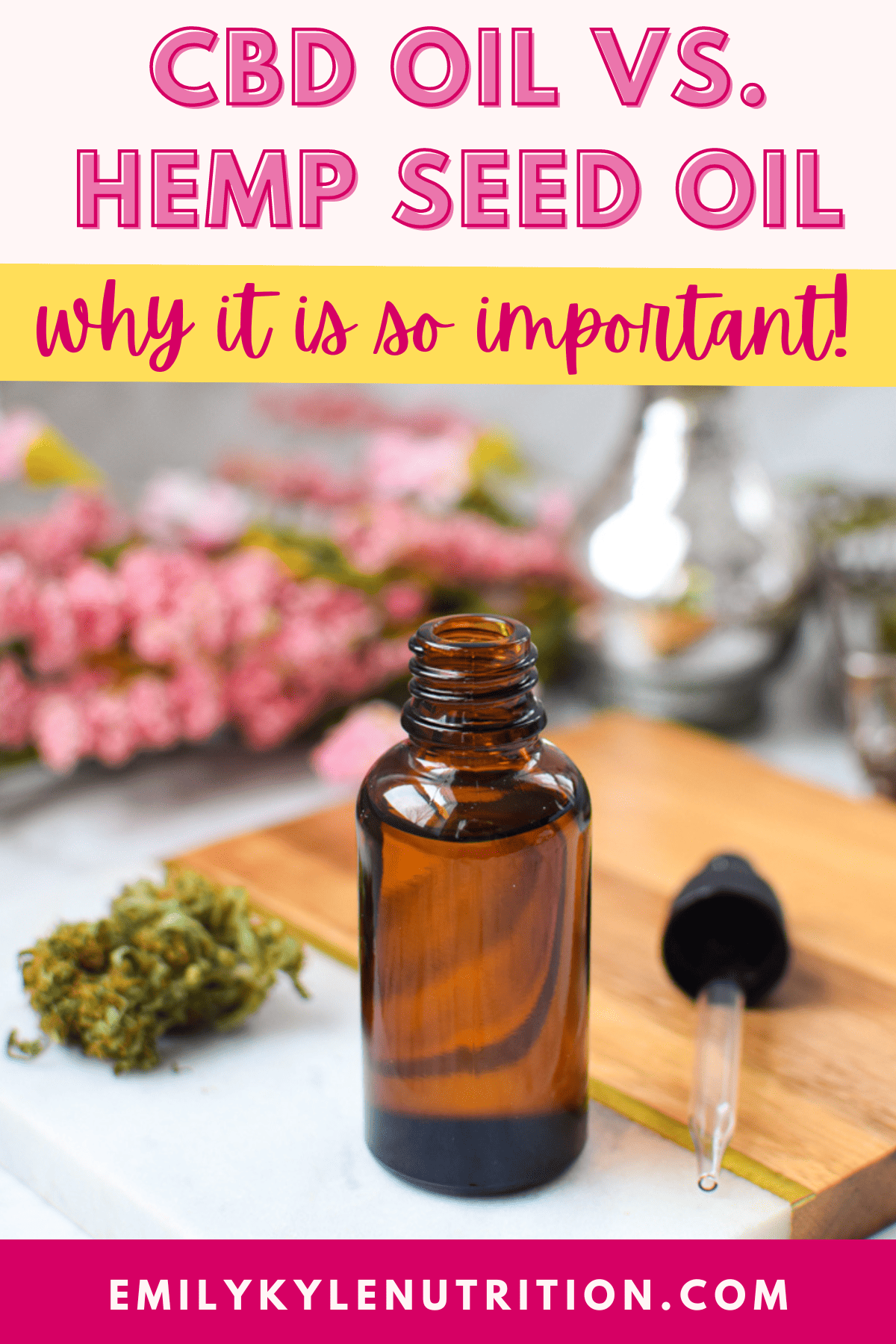
Table of Contents
Article Features
- A simple explanation
- How to choose the right option
- Want to make it easy? Have my premium CBD products delivered directly to your door – now shipping across the US!
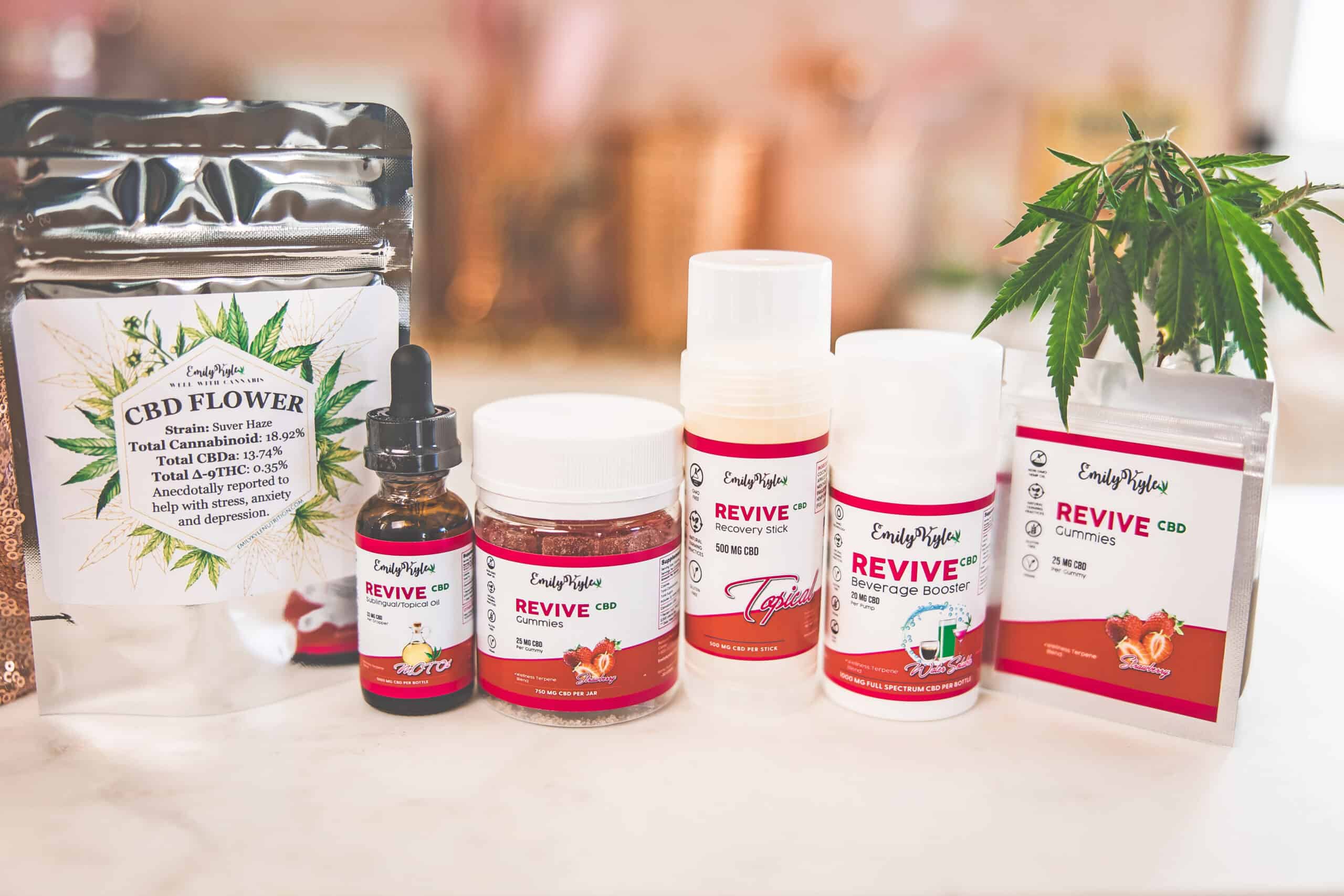
Why You Will Love This Guide
One of the most challenging steps when starting your cannabis journey is trying to understand all of the different terms used to describe the plant and types of products.
Thankfully, that’s why I’m here – to help make it make sense!
I totally get it; understanding the whole plant is overwhelming at first.
But, the sooner you learn the differences in the types of products available, the sooner you can get on your way to reaping the health benefits of cannabis.
One marketing term constantly tripping up members of my Well With Cannabis Community is “full-spectrum.”
It is causing some confusion about what hemp oil is, what CBD oil is, and how to tell the difference when purchasing a product.
In this guide, we will explore the important differences between hemp seed oil and full-spectrum CBD oil.
We will also discuss what you need to look for when purchasing a product to ensure you get what you need.
TL;DR Quick Answer
The difference between hemp seed oil and CBD oil is determined by where the oil is extracted from.
- Oil extracted from hemp seeds is called hemp oil. Seeds do not contain trichomes, so they do not contain CBD or THC.
- Oil extracted from cannabis buds, flowers, or leaves that contain trichomes with CBD will create CBD oil.
*Remember, full-spectrum is not a regulated term under the Food and Drug Administration and can be used freely on any product. You will want lab results to verify any CBD present.
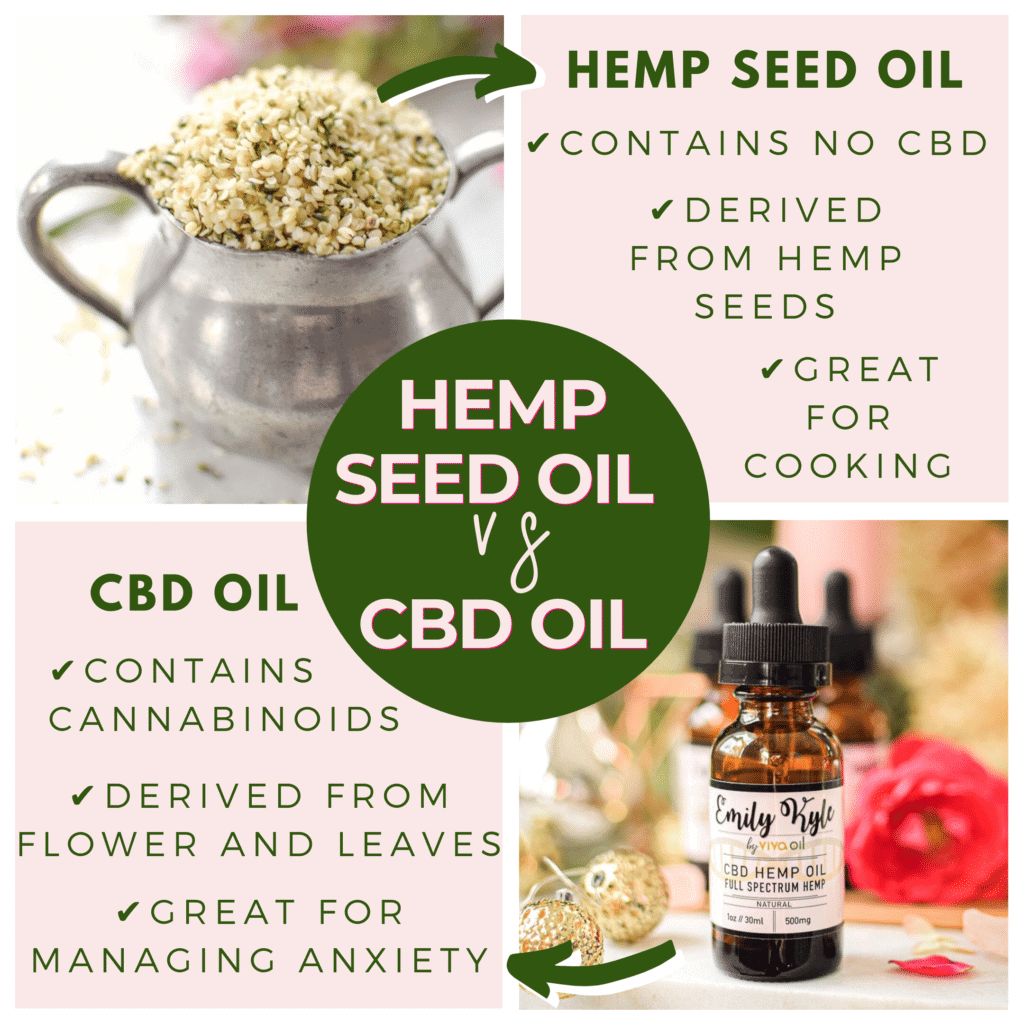
If you’re still unsure, keep reading…
What is Hemp Seed Oil?
Hemp oil, or hempseed oil, is just that, oil that comes from the seeds of the Cannabis Sativa plant.
Hemp seeds do not contain any trichomes or cannabinoids, meaning they do not have any CBD or THC present.
So, if it doesn’t have any cannabinoids, then what is it good for?
Hemp seed oil is great for cooking and contains essential vitamins, amino acids, and omega-3 fatty acids, which help reduce inflammation.
Hemp seed oil is often used in beauty and food products, and while it does have an impressive nutrient profile, it does not naturally contain any CBD.
This means that consuming hemp seed oil will not make you feel high or cause you to fail a drug test.
You can easily purchase hemp seed oil in any grocery store or online retailer.
Be mindful when shopping, especially when retailers try to make it seem like you’re purchasing CBD oil when it really is just hemp seed oil.
While marketers can slap the term ‘full-spectrum hemp seed oil’ on a label, it does not change the fact that it does not contain CBD unless it has been added intentionally.
Full-spectrum hemp extract sounds fancy, but unless the product specifically states that it contains CBD, it is just oil best used for nourishment and cooking.
Hemp seed oil can, however, be used as a carrier oil to make your own cannabis-infused oil, alongside other options like:
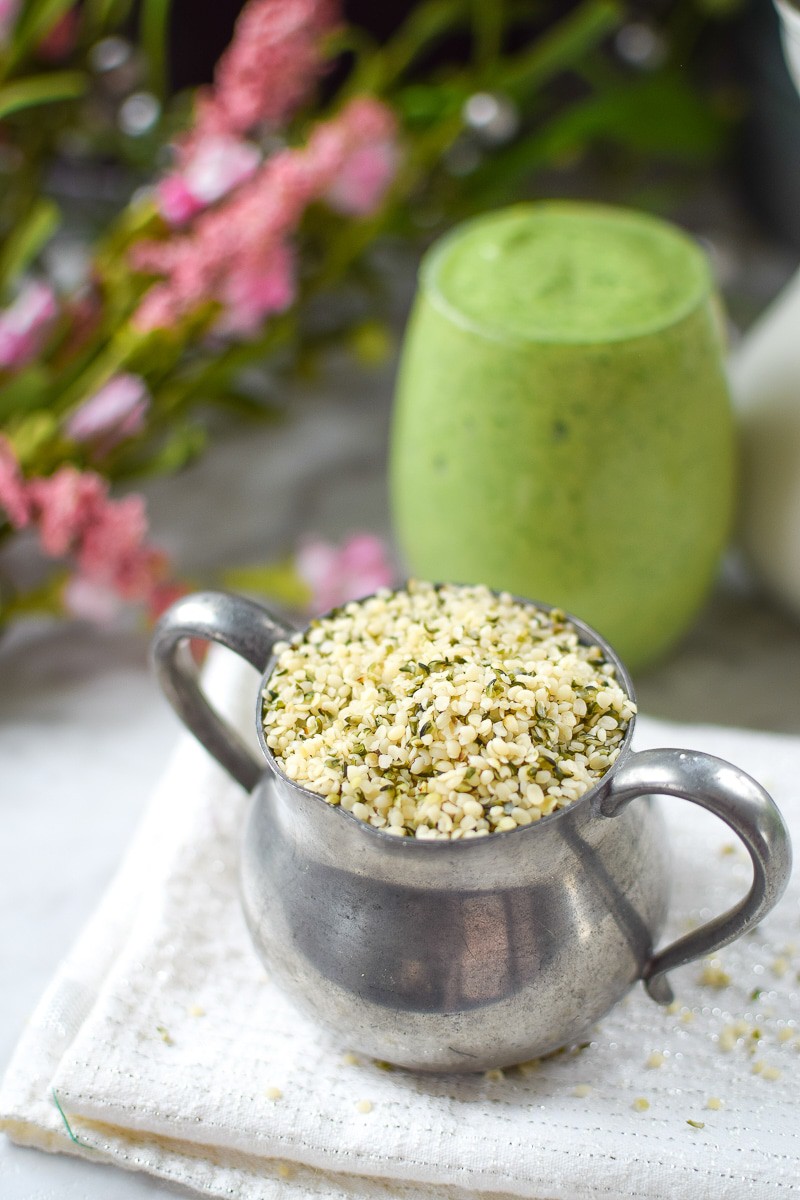
What is CBD Oil?
CBD, short for cannabidiol, is the second most abundant cannabinoid found in the plant, second only to THC.
These cannabinoids are found in the trichomes produced by the plant, which are primarily found on the flower buds and leaves.
A cannabis plant contains several different cannabinoids like CBD and THC, along with other plant compounds like terpenes and flavonoids.
Together, these are the beneficial compounds that make up a full-spectrum extract.
When CBD is extracted from a CBD-dominant plant, it can be infused into an oil to create a CBD oil for various purposes.
Learn More About CBD Oil
Shop with Emily
Shop Now: CBD Revive Oil
Cannabis Infusions & Extractions
Easy Homemade CBD Oil Recipe
CBD Guides & Recipes
How to Store Cannabis-Infused Oil
Hemp vs. CBD
Hemp became Federally legal in the United States in 2018, thanks to the passage of the Farm Bill, which is great for consumers.
Unfortunately, this has led to a lot of confusion on the topic of hemp vs. CBD.
To keep it simple:
- CBD – cannabidiol, is a plant-based compound found in the cannabis plant, similar to how a vitamin is found in a vegetable.
- Hemp – a term used to describe any kind of cannabis that contains less than 0.3% THC by weight. It is not a botanical term.
If a product contains more than 0.3% THC, it remains illegal at a Federal level, regardless of how much CBD it contains.
There are many different types of CBD oil, but most CBD oils on the market today contain less than 0.3% THC.
Different products can vary in how much CBD they contain, and many have different concentration levels and ingredient lists.
Broad vs. Full-Spectrum
A full-spectrum CBD oil contains all of the CBD, trace amounts of THC, and all other organic plant compounds that work together to contribute to the entourage effect.
On the contrary, if all of the THC has been removed and 0% THC remains, the product is considered a broad-spectrum oil or broad-spectrum CBD.
If all other cannabinoids and plant compounds have been completely removed and the product contains only one cannabinoid alone, it is considered a CBD isolate.
Choosing a High-Quality CBD Product
There are many so different types of CBD products on the market today; I know it can get completely overwhelming when starting out.
That is exactly why I created this guide to choosing a safe CBD product, where I break down my 4-step R.E.A.L. method.
The most important thing to look for when shopping for high-quality full-spectrum CBD products is that the final product has been verified by 3rd party testing to ensure that what is on the label is actually in the bottle.
To support you, my readers, and members of the Well With Cannabis Community, I did the hard work for you and developed my own brand of products to help you access safe, quality products.
All of my CBD products have gone through the highest-quality extraction methods, have a clean ingredients list, and have 3rd party lab testing available.
When working with CBD, take small doses, 10-20mg, once or twice daily for at least two weeks before moving on to higher doses if needed.
How you want to use CBD is totally up to you! I have an option for every preference, from oils and tinctures to gummies and topicals.
Shop CBD Products
Shop with Emily
Shop Now: CBD Revive Oil
Shop with Emily
Shop Now: CBD Wellness Gummies
Shop with Emily
Shop Now: Topical CBD Salve
Shop with Emily
Shop Now: Topical CBD Stick
Frequently Asked Questions
Hemp oil that can be purchased from the grocery store contains no CBD.
No, these are two different products with different uses and active ingredients. Learn more about using CBD for dogs here, but be sure to contact your vet before starting any new treatment.
Trace amounts of THC do not typically induce psychoactive effects, but full-spectrum oil does have many scientific and anecdotally reported therapeutic benefits for the human body.
You can make a whole plant extract CBD through the oil infusion process or an extraction process to make a full-spectrum oil that may help you manage chronic conditions and exert other therapeutic effects.
🚀 Test Your Knowledge
Coming Soon!More CBD Resources You Will Love
CBD Guides & Recipes
How To Cook With CBD Oil + 15 Recipes
Articles & How-To Guides
The Health Benefits of Hemp Seeds
Cannabis Drink Recipes
Easy Homemade Hemp Seed Milk
Cannabis Sides & Snack Recipes
Easy Cannabis-Infused Hemp Seed Butter
Articles & How-To Guides
Full-Spectrum vs. Broad-Spectrum CBD
CBD Guides & Recipes

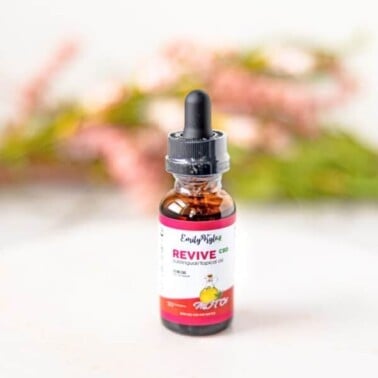
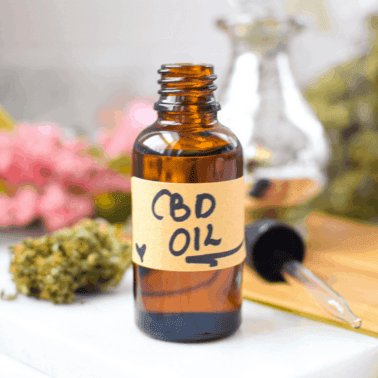
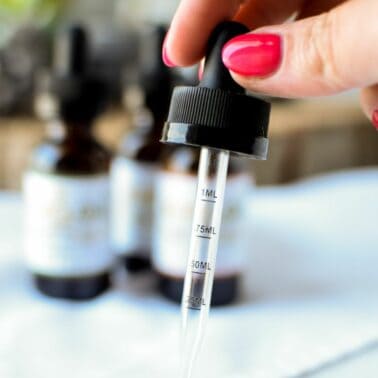
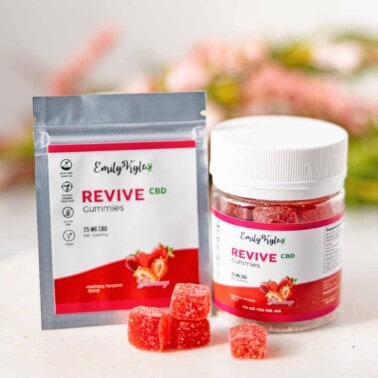
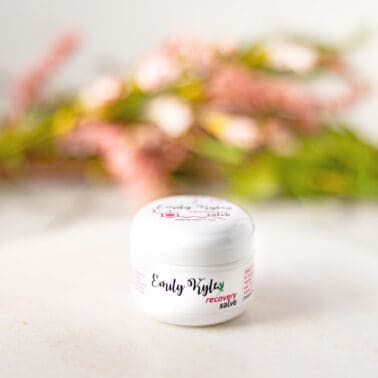
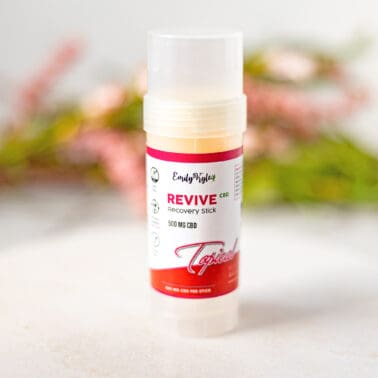

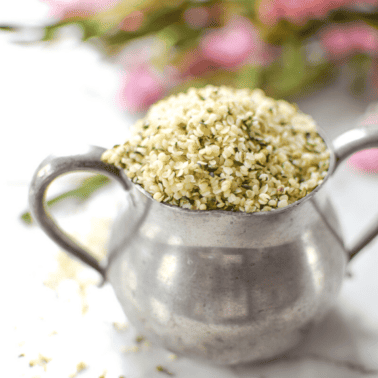
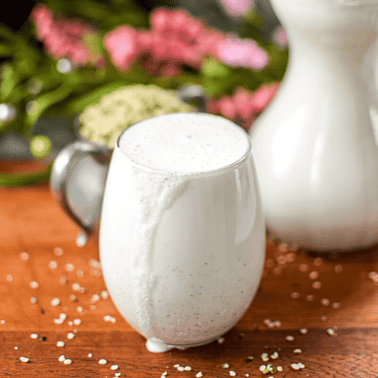
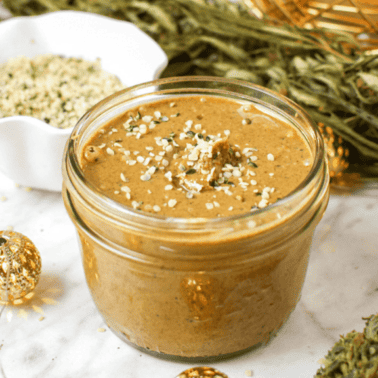
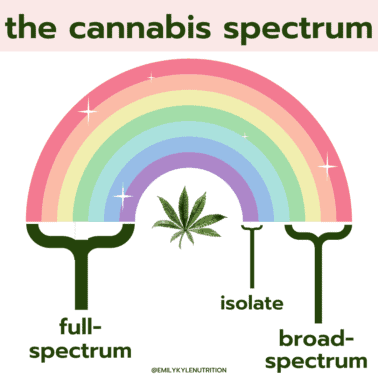
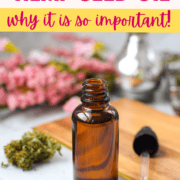








I love your teaching and will to love more I hope I did good on the test
Thank you for your kind words, Ora! Keep up the great work!
Hi Emily, just like to say what a great website you have it’s so helpful on this magical plant.
I have read that hemp seed oil can be used as a cannabinoid solvent and can extract the cannabinoids even without heat.
Have you ever tried this ?
Many thanks
Al
Hi Al. You can definitely use hemp seed oil as a base for infusion, but it does have a low fat content. When deciding on a carrier oil for infusion, it’s important to remember that the higher the fat content of the oil, the more cannabinoids will be infused into it. Cannabinoids are fat-soluble, meaning they bind to the fats in the oil and can be extracted more easily with the higher fat content.
As far as temperature goes, it’s best to keep the temperature between 160-200 degrees Fahrenheit. Heat is necessary for the infusion process because it helps to break down the plant material and release the cannabinoids into the oil.
I hope this clarifies things for you. Feel free to reply with any other questions. Happy infusing!
This is a really good article explaining some common terms thrown around this industry. This is important because of the unregulated, cowboy frontier attitude that the farm bill of 2018 created.
The biggest hurdle to a regulated, well run legal market place is the unsubstantiated and inflammatory claims made in both sides of the issue; Cannabis & cannabinoids are bad for you, and cannabis and cannabinoids are helpful & beneficial. The social stigma is what still colors both sides and how each of us see it.
I continue to promote and spread the word about Emily Kyle not because she sells products but because she shares solid information. Articles like this help change the perceptions that cannabis is somehow bad.
Hello Randy, thank you so much for your thoughtful response. I couldn’t agree more – clear information is crucial in shaping the conversation around cannabis and cannabinoids. It’s readers like you, who take the time to engage and share accurate resources, that truly make a difference. Let’s continue to spread the word and challenge the stigmas together! 🌱